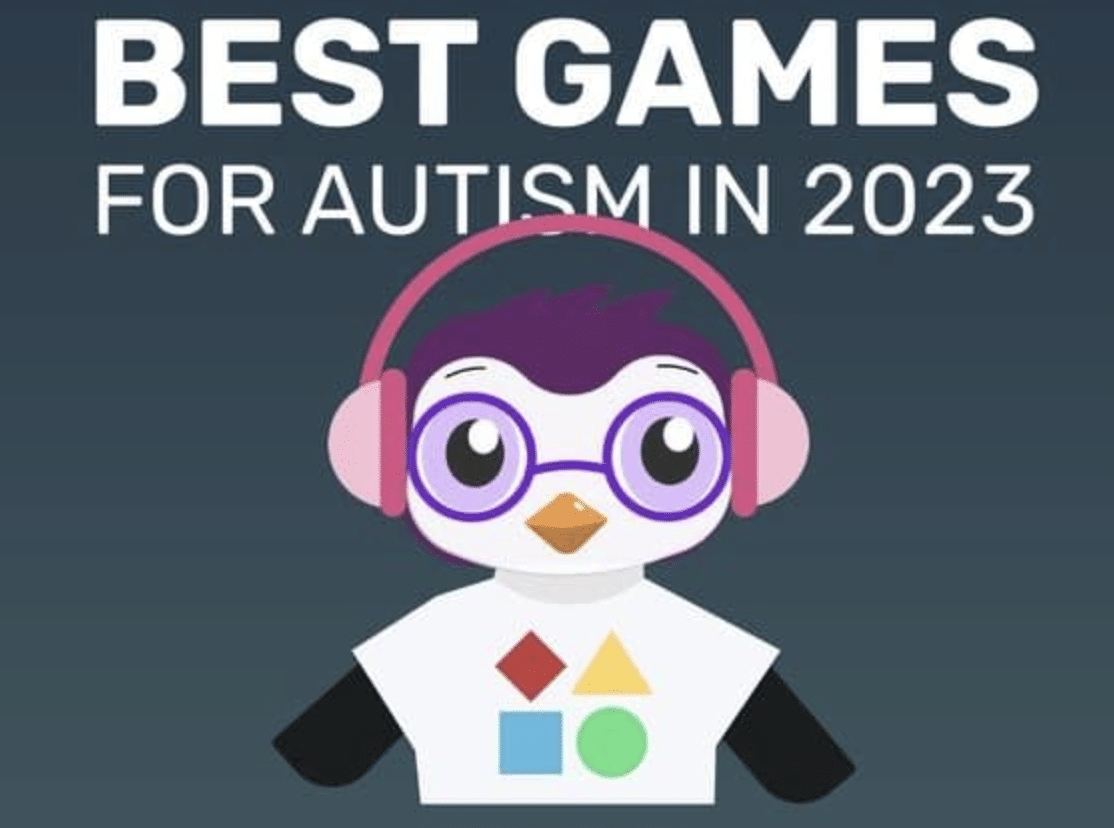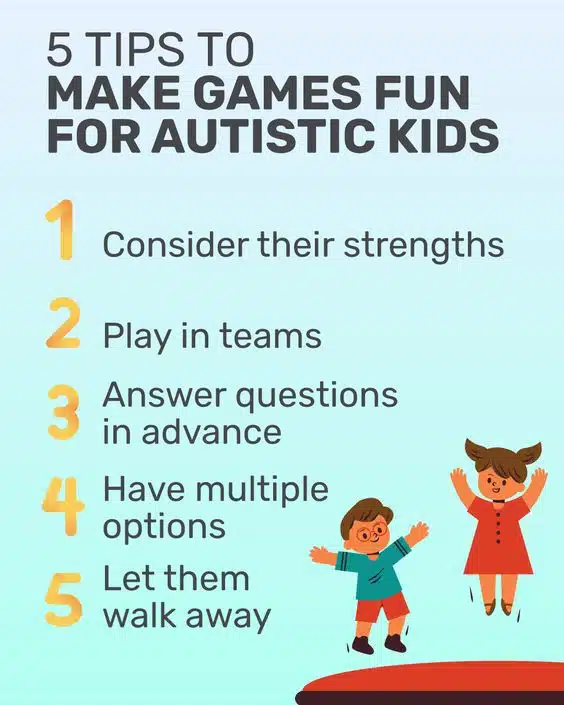NDBIs (Naturalistic Developmental Behavioral Interventions) work by incorporating everyday activities and interactions to facilitate learning and development in children with autism. Here are some examples of how this concept is applied:
- Modeling: Therapists demonstrate desired skills and behaviors in natural contexts, such as using words or gestures during playtime.
- Prompting: Children are given gentle cues or hints to encourage the desired response or behavior.
- Reinforcement: Positive reinforcement, such as praise or rewards, is used to motivate and reinforce the acquisition of new skills.
- Generalization: Skills learned in one context are practiced and transferred to other settings and situations.
In conclusion, NDBIs harness the power of natural environments and interactions to help children with autism. Goally, a tablet for kids, enhances NDBIs by offering interactive apps for life and language skills. It includes digital schedules, AAC, gamified learning, and social skills training videos, aligning with NDBI principles for fun and effective learning.
This post was originally published on Feb. 15, 2023. It was updated on July 6, 2023.














